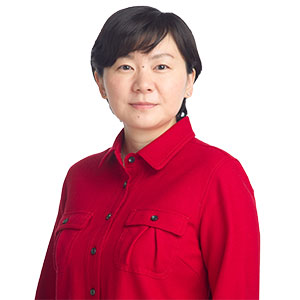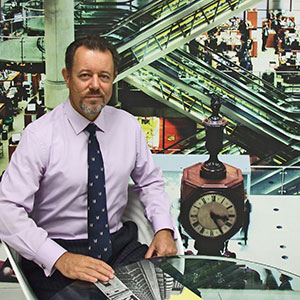By Custom Media
- Demanding role requires competitive edge, people skills
- Lawyers should not be daunted by management positions
- Advice available to foreign firms on employment law

Akiko Yamakawa of Freshfields
Becoming a partner in a law firm requires certain character traits: assertiveness, dynamism and strategic thinking. And, if that firm is Freshfields Bruckhaus Deringer LLP, a London-headquartered multinational with a 273-year history, a sharp mind and international background are equally apt.
With such a personality, as well as degrees in law from The University of Tokyo and Harvard University, Akiko Yamakawa was an ideal person for Freshfields to choose, in 2015, as a partner in their Tokyo office. Yet, according to Yamakawa, her journey has not been straightforward.
“I always thought that being a partner would not be that different [compared with before]. But I was quite surprised”, Yamakawa told BCCJ ACUMEN. While the new position came with a number of challenges and benefits, she considered it important to take on the role, since it was the next logical step in her career.
“At some point, I had to step up and become involved in management”, she said. “Once you are there, it is not as scary as it looked before”.
Yamakawa’s area of expertise is dispute resolution, as well as employment and labour law. She advises multinationals on topics such as large-scale redundancies, and gives presentations on matters including money laundering, touching on the UK’s anti-bribery act.
In addition, through the Tokyo Employment Consultation Center—a government initiative to boost Tokyo’s business competitiveness—she provides free advice to, and conducts seminars for, foreign firms on employment law-related rules.
“UK-based firms with operations in Japan can visit the centre and obtain free advice in English”, she said. “The service mainly deals with non-contentious issues, so you can use it for matters such as reviewing work rules and offer letters, and obtaining advice on structuring compensation”.
Born in Tokyo, Yamakawa lived in London—due to her father’s work—from the age of four to nine. She then returned to Japan where, in 1997, she graduated in law. At that time, large Japanese firms were beginning to recruit women for non-administrative work via their regular employment stream, which had been the preserve of male graduates.
Unsure whether she wanted to be a lawyer, a journalist or enter the workplace as a regular stream recruit, Yamakawa followed in the footsteps of many of her peers. She chose to become a lawyer because of the relative independence and career assurance it would provide, and joined a domestic law firm, where she worked for a year.
But when one of her colleagues relocated to Freshfields, and told of its dynamic and international environment, Yamakawa felt a tug towards her international, and partly British, upbringing. In 2000, she joined the firm.
After three years, Yamakawa was on the road once again—this time to read a one-year Master of Laws at Harvard University, and complete the New York bar exam. Following that, she spent 10 months at Freshfields’ London office.
Back in Japan, Yamakawa feels she has “a pretty established practice as an employment lawyer”, which begs the question: how does she find life in a leading global law firm, and in one of the industry’s most competitive disciplines?
The job itself can be quite competitive and brutal, she admitted, but it can also be humane, especially when dealing with individuals in employment disputes. She said the job suits her skills and personality, as litigators are typically competitive.
“Litigation is basically a fight between two parties and, by nature, I do enjoy that”, she said. “If I receive a brief that counters my argument, my thoughts are, ‘I want to fight this’. That kind of nature, I feel, has always been in me”.
However, Yamakawa’s strengths also lie in being able to empathise with, and understand, people. This is a key skill in delivering her main area of work; 75% of her time is spent dealing with employment issues.
“The reason I went into employment is that there is a strong human element to it”, she said. “After all, when you are dealing with real people, you need to have a real interest in them”.





